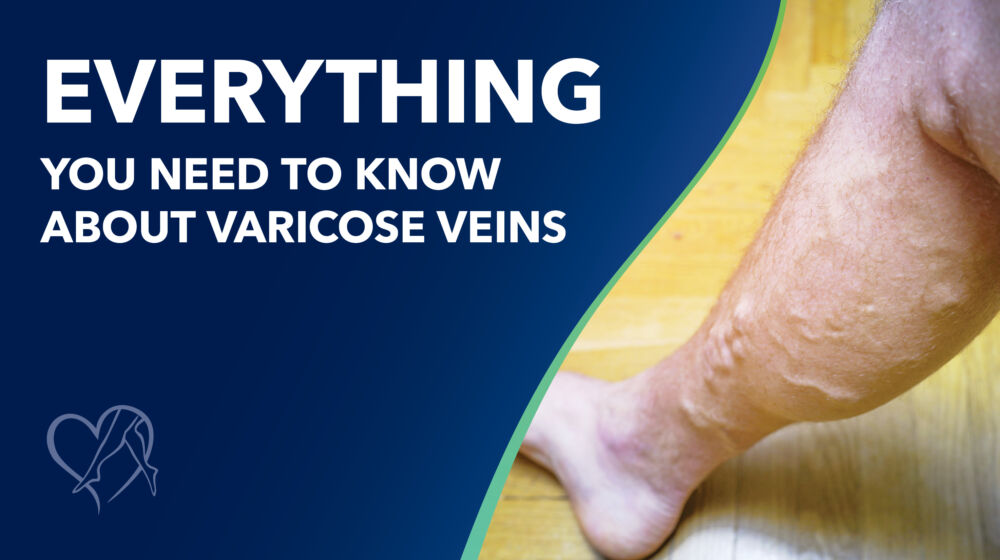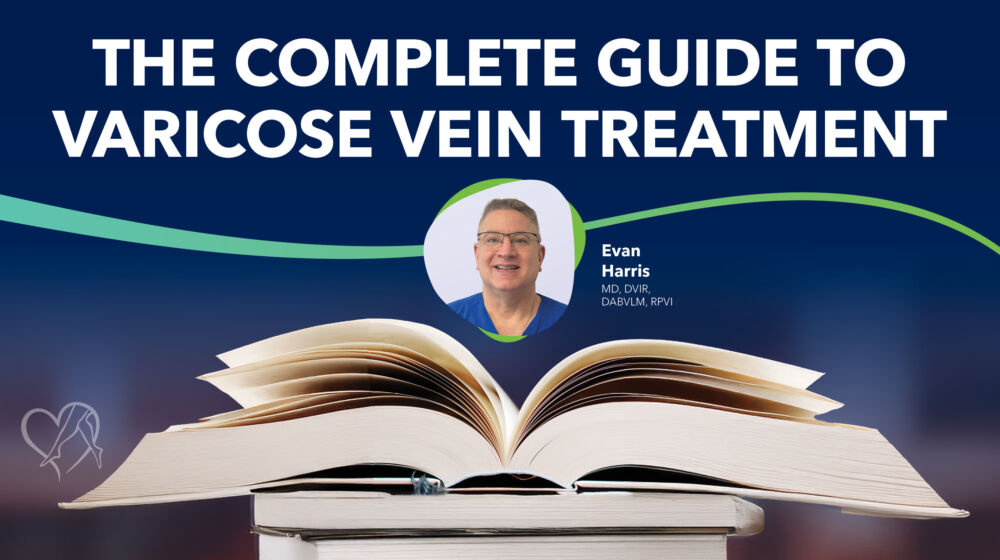Venous reflux is easily treatable, but don’t count on it to go away on its own. Take action today to eliminate varicose veins and all the discomfort that comes with it!
If you’ve been diagnosed with varicose veins, you’ve probably been told the condition is due to venous reflux.
Don’t worry. You’re not alone! The root cause of varicose veins, spider veins, and deep vein thrombosis (DVT), venous reflux is a common disorder, affecting about 40 percent of Americans. Fortunately, venous reflux is a very treatable condition. At Center for Vein Restoration (CVR), our sole focus is treating venous reflux. We help our patients overcome this disorder and regain a better quality of life. But if you’re wondering whether your vein problems will go away on their own without any treatment, you shouldn’t count on it.
So what is venous reflux?
Perhaps you’re more familiar with the term venous insufficiency or when your veins have difficulty sending blood from the legs back to your heart. Venous reflux is just another name for it! It results when the valves in your veins weaken over time or from other risk factors such as obesity, genetics, hormonal changes from pregnancy and menopause, and a sedentary lifestyle.
When the vein valves lose their strength, blood backslides and pools, pushing the swollen vein outward. As a result, a varicose vein forms. Your legs may also cramp, feel heavy, and itch, while your skin may see some changes in texture and color.
Why won’t venous reflux go away on its own?
Medical intervention is necessary to prevent venous reflux from worsening. Leaving your condition untreated will not only cause existing symptoms to worsen but also other serious complications to develop. You’re likely to experience a skin inflammation known as stasis dermatitis as well as skin ulcers, which are particularly hard to treat.
Another serious complication of venous reflux is DVT. When blood increasingly pools in the veins, the blood cells clump together and may form a clot. Swollen, reddish skin, and pain that starts in the calf and feels like cramping can indicate DVT and should be checked by a doctor immediately. If the clot breaks free and travels from the leg to the lungs, it could result in a potentially life-threatening pulmonary embolism (PE).
How can I treat my venous reflux?
Luckily, plenty of treatment options exists today to reverse and prevent venous reflux. These range from conservative methods to minimally invasive surgical procedures:
Lifestyle Changes. Lifestyle changes can ease the symptoms and prevent new varicose veins from forming. Changes such as losing weight, cutting sodium from your diet, and exercising (particularly workouts that engage the calf muscles) can keep blood from pooling. Wearing compression stockings that gently squeeze the leg veins will promote healthy blood flow.
However, minimally invasive surgeries are the only proven methods to treat venous reflux permanently.
Minimally Invasive Surgeries. Depending on the number and severity of your varicose veins, your doctor may recommend a minimally invasive, outpatient procedure. Sclerotherapy is often used to correct spider veins and smaller varicose veins. The doctor injects a solution into the vein to collapse it during this procedure.
During endovenous laser ablation, the doctor uses a laser attached to a catheter to destroy the affected veins. Radiofrequency ablation is similar to laser ablation. However, radiofrequency waves, rather than heat, are used to treat diseased veins. The doctor may recommend ambulatory phlebectomy to treat larger veins. During this procedure, two tiny incisions are made in the skin through which the problem vein is removed. Only a local anesthetic is needed, and you can return to your normal activities immediately with few restrictions.
Time to treat your veins
The pain and swelling you feel in your legs can be successfully treated! CVR offers both minimally invasive methods and lifestyle advice to help you overcome venous reflux. Healthy veins are essential to your overall health, so don’t hesitate to explore your treatment options today. Contact CVR today for a location near your for a consultation.
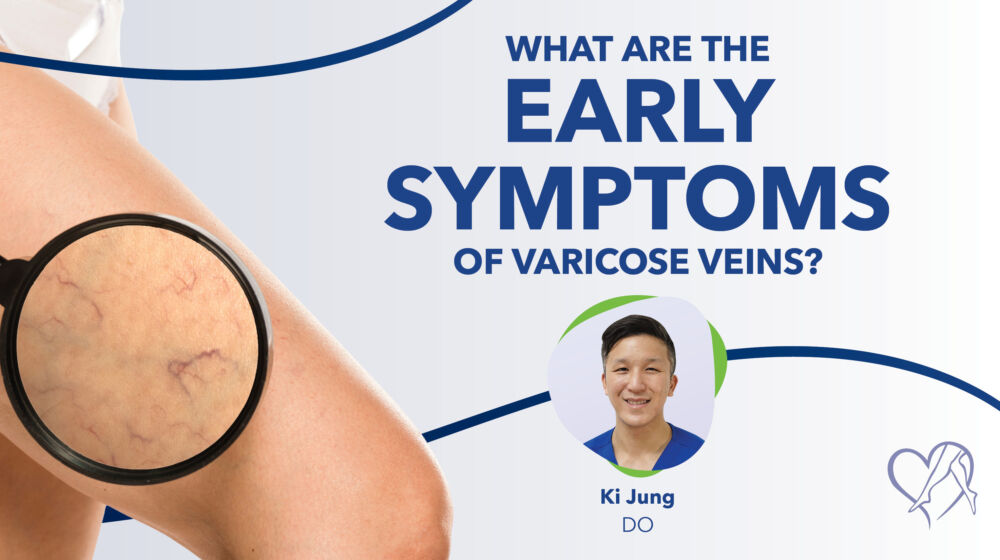
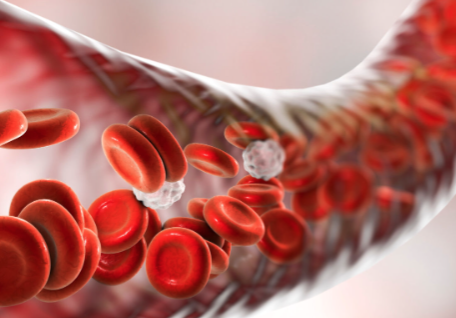 About Vein Disease
About Vein Disease
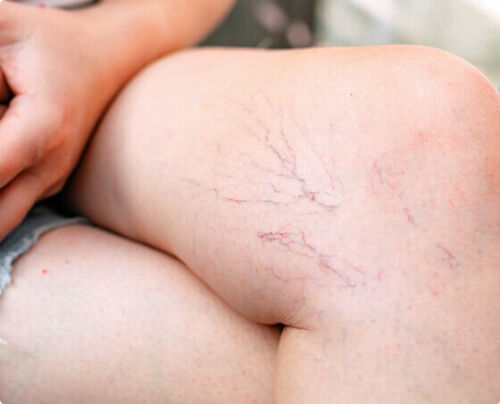 Spider Veins
Spider Veins
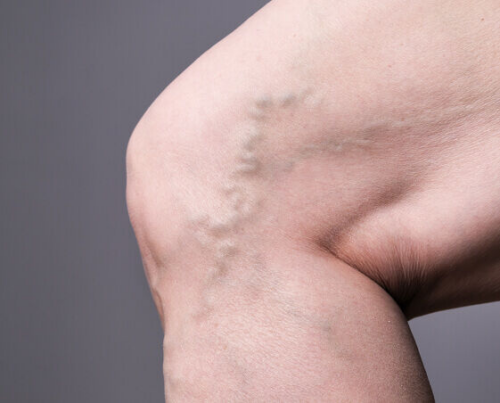 Varicose Veins
Varicose Veins
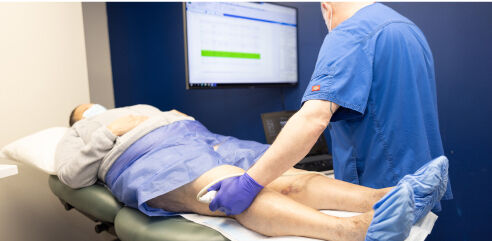 Vein Disease Treatments
Vein Disease Treatments
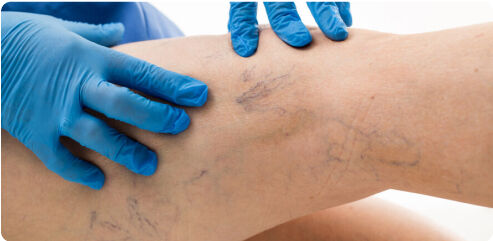 Treating Spider Veins
Treating Spider Veins
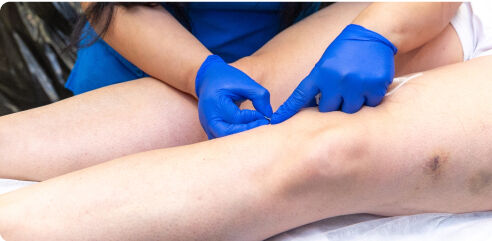 Treating Varicose Veins
Treating Varicose Veins
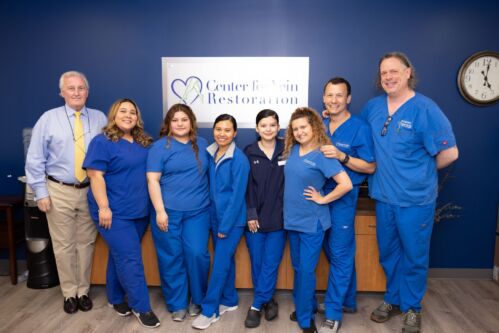 About Us
About Us
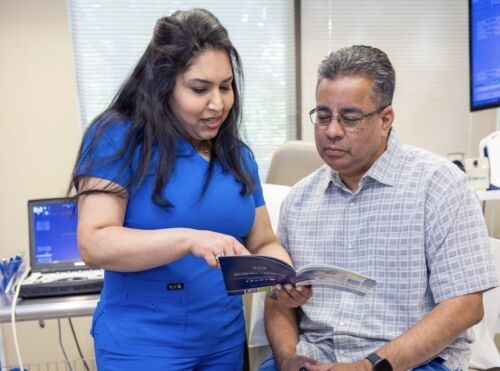 Patient Resources
Patient Resources
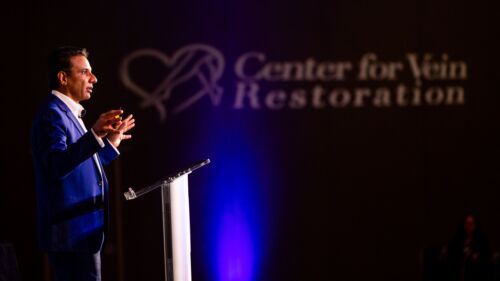 Physician Resources
Physician Resources

